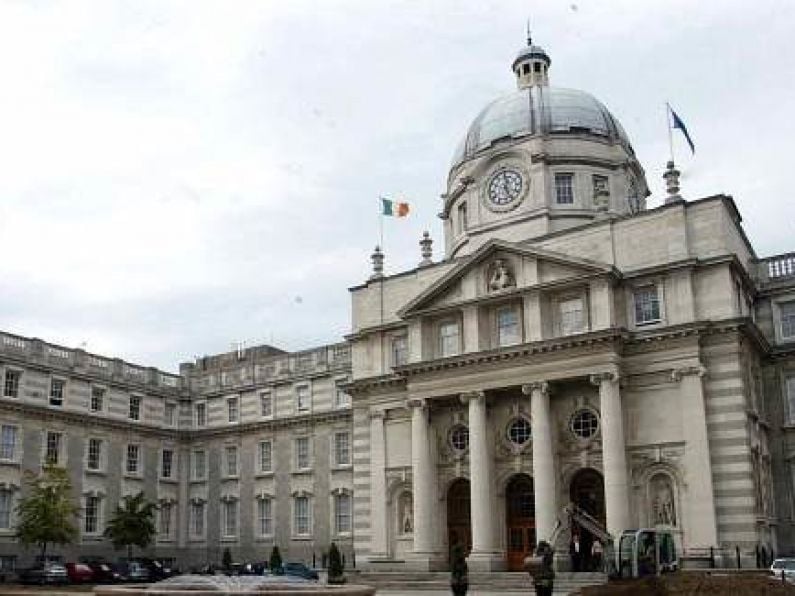A former government advisor was found to be in breach of lobbying laws after they began working without consent with a company which had lobbied their former department.
The details were included in the Regulation of Lobbying annual report which shows the former advisor told the Lobbying Commission that they had taken up the employment around the same time as they claimed to have applied for consent.
The report shows that the Commission issued 522 Fixed Payment Notices to people or bodies who filed late returns during 2018.
Under the law, Ministers, Ministers of State, special advisers and senior public officials are subject to a one-year “cooling-off” period after they leave office, during which time they cannot engage in lobbying activities or be employed by a person carrying on lobbying activities.
The rules allow for someone to apply for a reduction or waiver of the cooling off period and two such requests were received in 2018.
The Commission had no record of contact and the advisor's new employer was on the Register of Lobbying and had submitted returns of lobbying activities targeting the former advisor's department.
As a “relevant designated public official”, the former advisor was prohibited from being employed in that organisation except with the consent of the Commission. Having not obtained consent, the person was in breach of the Act.
Two former special advisors to Government ministers appealed to have their cooling off period reduced to allow them to take up new jobs, the report also reveals.
In the first case, the applicant had been a special adviser in a government department and was taking up employment with an employer who was registered on the Register of Lobbying.
The employer had previously carried out lobbying activities with the person’s previous department. The applicant was seeking to waive the final eight months of the cooling-off period in order to take up the employment.
“The Commission took into account that the applicant was seeking to take up employment within four months of having left their position in a government department," the report states.
The Commission considered that this was exactly the type of situation that the provisions of section 22 of the Act are intended to regulate and refused the application.
The applicant appealed the Commission’s decision. The appeal was referred to an independent appeal officer. The appeal officer upheld the Commission’s decision. The appeal officer’s decision was not appealed to the High Court.
In the second case, the applicant had been a special adviser in a government department and was seeking to take up employment with a registrant on the Register of Lobbying.
The applicant had been offered the position following a competitive process and was seeking to waive the final 10 months of the cooling-off period.
The Commission had regard to the fact that the prospective employer had not previously carried out lobbying activities with the applicant or the applicant’s former department.
The Commission agreed to grant a waiver for the final 10 months of the cooling-off period.






